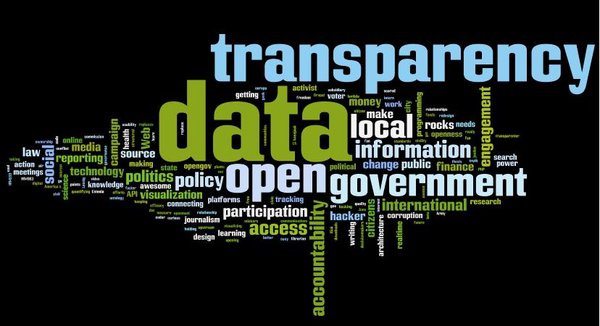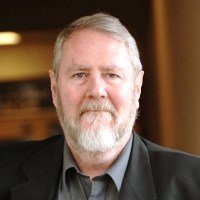Open Data Interview: Rory McGreal
- Karen Godbout
- March 4, 2019

Open Data Interview: Part Four
Rory McGreal
UNESCO/International Council for Open and Distance Education, Chair in Open Educational Resources.
Edmonton, AB
We
discussed Open Educational Resources and Open Data with Professor Rory McGreal. Below are the highlights from our interview.
Q: Can you explain what your job title means?
A: What it translates to is the promotion of open content for teaching and learning, open textbooks, and online modules through the use of Creative Commons and other open licences. Revised copyright law in Canada is liberal. I encourage the use of educational resources under fair dealing. "If it's good, use it!"
Q: What is your interest and experience in open data?
A: I work as an advocate of open resources, without any restriction. I'm not really a user or producer. In regard to open data, it's significant to note that data is not in fact protected under copyright law. It is the product resulting from the data -- its interpretation -- that is subject to copyright. Open is about access. The idea of data ownership -- I paid for it, therefore I control it -- is extraordinarily short-sighted when one considers the return in innovation and development over the long term.
Q: What level of interest or feedback have you received in your work regarding open data?
A: Initially, there was concern over how much organizations should be investing in open resources. Is this Open thing really going to take off? Now the worry is about the sustainability of Open, at least among those who are new to the concept. Another part of my work is to build an awareness of alternative publishing models -- models where institutions and individuals voluntarily pay a fee if they adopt a resource. Many established publishers are practicing an open-washing version of open access, where articles are freely available because the authors have paid for their review and publication. Clearly, there are ethical issues around this practice.
On the positive side, open resources are saving millions of dollars, in education for example, which is my area of expertise. Textbooks in print can reliably be replaced by open, online editions, increasing students' access to higher education, especially in developing countries. Updates are continuous and timely, so that students aren't forced to buy the latest edition of a $300. textbook every year. In my experience, the most popular open resources and data sets reflect foundation-level courses with the greatest number of students: accounting, statistics, psychology.
Q:
Do
you collaborate with any agency or company on open data policy or
practice? Would
you participate in a BC Rural Open Data Network to share best
practices and develop standards?
A: Collaboration is my primary role. I work in collaboration with UNESCO, Commonwealth of Learning, and many others, as well as several universities, particularly in the developing world. This includes promoting model policies for open access, though I'm not especially concerned over policy. Often there is so much focus on standards that nothing actually gets done. It can be the kiss of death. In Canada for example, agreeing doesn't necessarily mean agreeing. We're just polite. I'm more a proponent of just putting the data out there, making it open. Policy will follow.
Rural-based data certainly is an important priority, in terms of access and equality.
Q. What challenges and opportunities do you perceive in the further development of municipal open data?
A. From the beginning the challenge has been lack of awareness, and it continues to be. A new report shows that only 50% of academic faculty in Canada are aware of open resources. The opportunity is to move beyond data-sharing agreements -- which are exponentially problematic -- toward a new, sustainable model of open licencing.